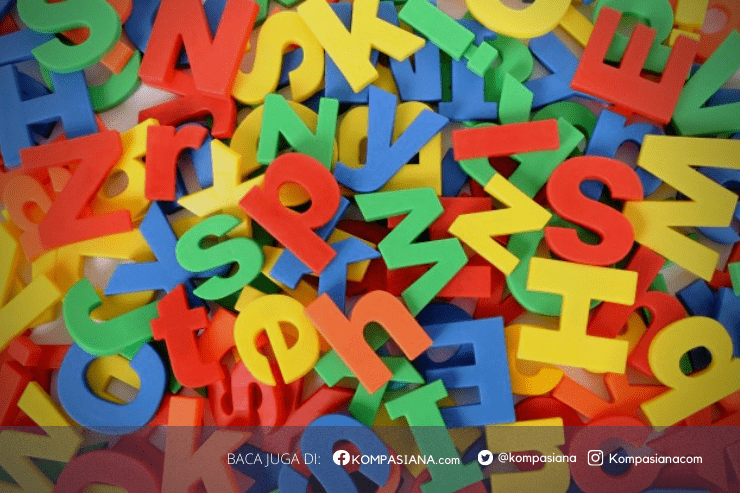Euthanasia has been a controversial debate since its first being legalized in Netherlands and Belgium in 2002. Etymologically, the word “Euthanasia” comes from the Greek – eu, “good” and thanatos, “death”. Literally, it means “good death.” However, the word “Euthanasia” has acquired a more complex meaning in these modern times. People have misinterpreted the meaning to mean doing something about achieving a good death. They would argue that Euthanasia is basically an assisted dying that prevents terminally ill people from a lingering death and prolonged grief. The term “assisted dying” refers to ending the life of a person who has gone through a number of processes, involving physical, social, emotional, economic factors, spiritual as well as ethical issues, whose hope for continued living and cure is gone.
Euthanasia itself has brought complicated debate among societies especially in Indonesia. Indonesia law has declared that under no circumstances should passive or active Euthanasia be legalized. “Passive Euthanasia” can be defined as ending the pain by withholding or withdrawing any treatment that could prolong the life of a patient who will face an immediate death, for instance, antibiotics or medical advances and technology are withheld from a cancer patient so he will have a much gentler way of death. In all cases of passive euthanasia, the patient’s life could be extended; however it is merciful to allow him to die. The principle of mercy, nevertheless, may demand the easing of pain more directly than merely allowing a patient to die. This kind of action may require killing and this is what so called “Active Euthanasia”. Passive euthanasia is done by withdrawing any treatment that could support failing bodily functions, active euthanasia, in contrast involves killing a patient through a lethal injection.
Legalizing euthanasia is not only against the law in Indonesia but it also violates religious beliefs in which amongst them is Catholic belief. The members of the Michigan Catholic Conference argue that euthanasia is a blatant violation of the biblical commandment against killing “Thou shall not kill”. “Euthanasia is in fact something that people want; die without suffering, nevertheless, it is morally wrong to commit euthanasia. Human beings should put the emphasis on the value of life itself. Per se, life is so valuable that it is the most precious gift from God to humans. Therefore, life should be saved and preserved somehow. It is only God who has the right to put an end to one’s life”, Thomas Kristiatmo, a candidate of priest for Bandung Diocese stated.
In principle, the Holy Mother church maintains that the lofty dignity of human life is of great importance. It is something people can never play with! If we notice the world’s history, Hippocrates, the Father of Medicine who lived around 400 BC, stated clearly in his Hippocratic Oath that euthanasia, as we understand it today, was not permitted. One part of the oath stated, "I will give no deadly medicine to any one if asked, nor suggest any such counsel." It goes without saying that this implies the disposition of preserving life. Thomas Kristiatmo furthermore explained that, “As for the Roman Catholic Church, she solemnly affirms right to live. The pastoral constitution Gaudium et Spes condemns any crimes against human life, such as abortion, suicide and euthanasia (cf. GS 27). Here, I remember Pope John Paul II (whose papacy was from 1978-2005) who had envisioned that there would be an age where people are witnessing the Culture of Death, a culture which often denies the right to live. In contrast to that culture, Pope John Paul II promotes the Culture of Life. His promotion of the Culture of Life is totally consistent with the Church teachings concerning euthanasia.
Referring to the Catechism (2277), “Whatever itsmotives and means, direct euthanasia consists of putting an end to the lives of handicapped, sick, or dying persons. It is morally unacceptable.” Thus an act or omission which, of itself or by intention, causes death in order to eliminate suffering constitutes a murder gravely contrary to the dignity of the human person and to the respect due to the living God, his Creator. The error of judgment into which one can fall in good faith does not change the nature of this murderous act, which must always be forbidden and excluded.
Subsequently, Catechism (2278) declares that, “Discontinuing medical procedures that are burdensome, dangerous, extraordinary, or disproportionate to the expected outcome can be legitimate; it is the refusal of "over-zealous" treatment.” Discontinuing medical procedures in this case are naturally done to patients who are in those cases are already dead but technology prolongs their lives. So, if we discontinue the treatment, we do not commit euthanasia to them because if they die, that is just what they have been.Through those declarations, it is obvious that Roman Catholic does condemn the act of euthanasia even if death is thought imminent.
Baca konten-konten menarik Kompasiana langsung dari smartphone kamu. Follow channel WhatsApp Kompasiana sekarang di sini: https://whatsapp.com/channel/0029VaYjYaL4Spk7WflFYJ2H







